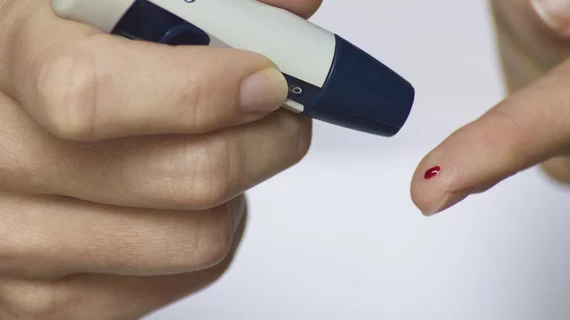Better diabetes management through AI-generated graphics in the works
French researchers are designing an AI-based system to show diabetic patients their overall glycemic state in a readily understandable graphic display.
The innovation will use machine learning to instantly convert numerical blood-sugar data into a color scale both on the spot and over time. The latter application will allow clinicians to track patterns of glycemic health for targeted care management and, potentially, for future clinical research into diabetes.
The team describes its project in a paper published online May 21 in the Journal of Diabetes Science and Technology.
Led by Vincent Derozier, PhD, of the technology and engineering university IMT Mines Alès, the authors suggest their “glycemic map” could be used by physicians during patients’ regularly scheduled office visits.
They’ve tested their algorithm on a database in which various patterns of glycemic characteristics were not presentable via standard numeric representations, according to their study abstract.
“Our approach with [an] artificial intelligence algorithm paired up with graphical color display allows … fast analysis to provide insights on diabetes knowledge,” they write. “The next steps are first to set up a clinical trial to validate this methodology with dedicated patients and physicians; then we will adapt our methodology for the huge data sets generated by continuous glycemic measurement (CGM) devices.”

